The European Union and the United Nations have expressed grave concerns over Hong Kong's swift passage of a new national security bill, warning of potential threats to fundamental freedoms in the city. This legislation, termed Article 23, was rushed through the legislature in just two weeks, sparking international criticism and raising fears about Hong Kong's autonomy.
The European Union and the United Nations have sounded the alarm over Hong Kong's rapid enactment of a new national security bill, citing grave concerns about its potential impact on fundamental freedoms in the city. United Nations High Commissioner for Human Rights, Volker Turk, condemned the accelerated legislative process, highlighting the bill's provisions' apparent incompatibility with international human rights standards. Dubbed Article 23, the legislation was swiftly approved by Hong Kong lawmakers just two weeks after its introduction, prompting widespread criticism from observers who fear it poses further threats to the city's freedoms.
The package of laws outlined in Article 23 encompasses various offenses, including treason, sabotage, sedition, and espionage, carrying sentences ranging from several years to life imprisonment. This move follows the imposition of a similar national security law by China in 2020, which led to the incarceration of numerous pro-democracy activists and drew sanctions from the United States.
Turk cautioned against the bill's broadly defined and vague provisions, which he fears could lead to the criminalization of conduct protected under international human rights law, such as freedom of expression and peaceful assembly. The European Union echoed these concerns, emphasizing the potential impact on the rights and freedoms of Hong Kong's populace and raising questions about the city's long-term attractiveness as an international business hub.
In response, China defended the legislation, asserting its necessity in maintaining Hong Kong's stability and safeguarding the interests of overseas investors. However, Britain criticized the move, warning of its potential implications for Hong Kong's reputation as an international city that upholds the rule of law and protects its citizens' freedoms.
Amidst escalating tensions, the international community calls for Hong Kong to uphold its high degree of autonomy under the "one country, two systems" framework, established upon the city's return from British to Chinese rule in 1997. As debates rage on, the future of Hong Kong's freedoms hangs in the balance, with global scrutiny intensifying on the city's trajectory.



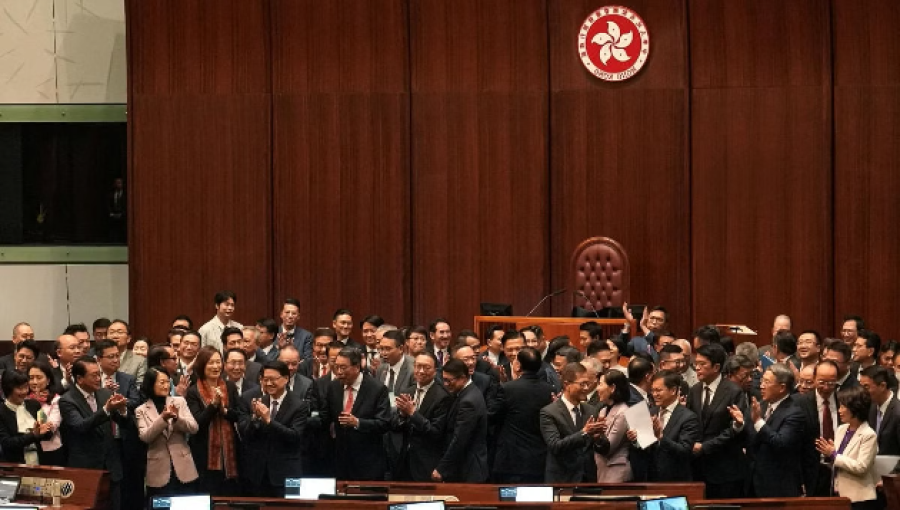
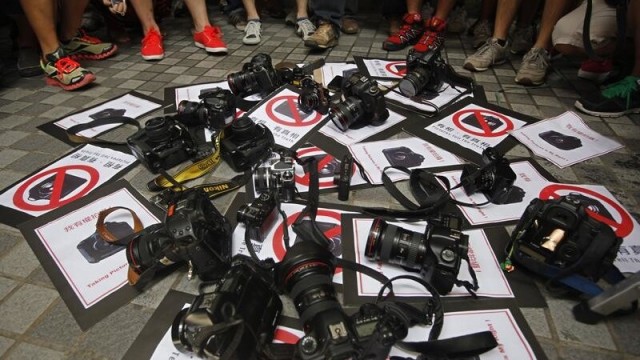


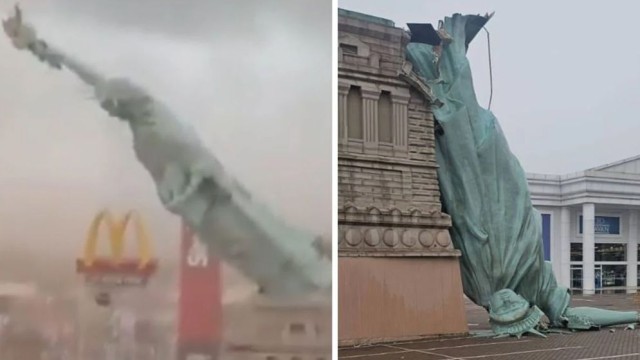

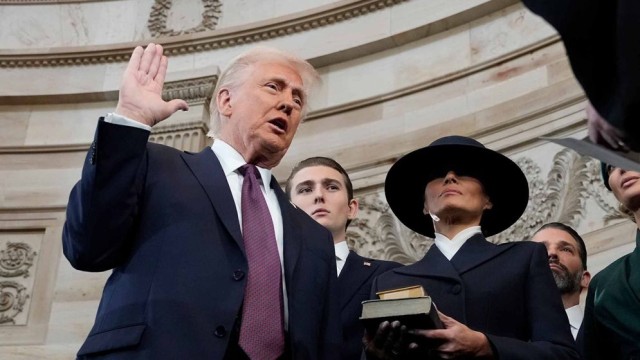
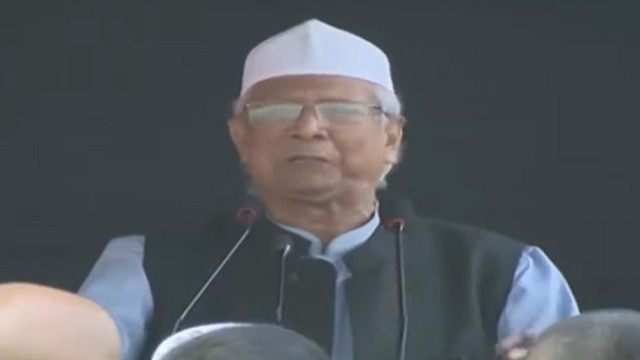
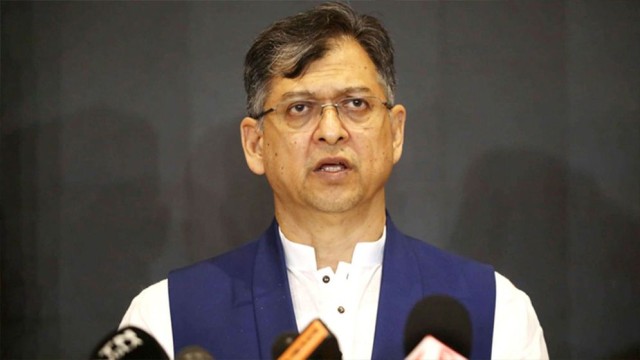
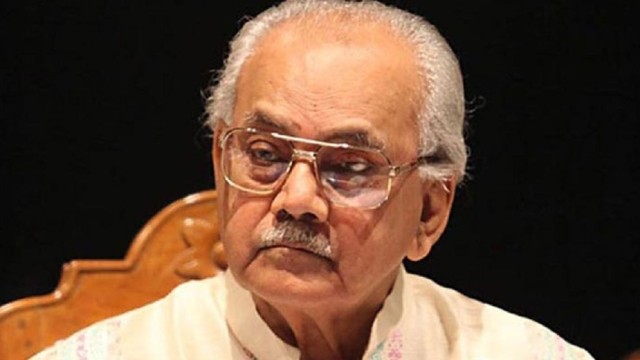
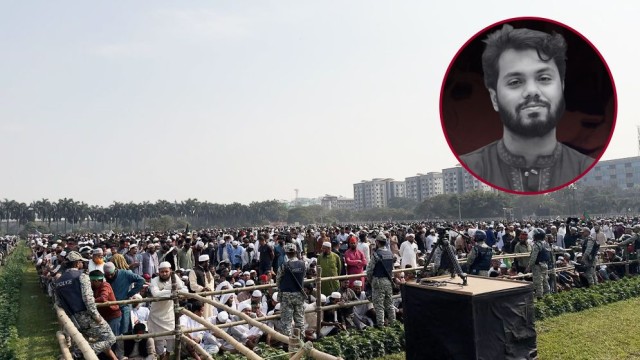



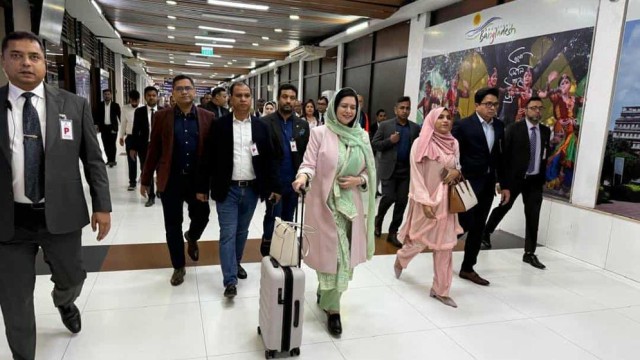




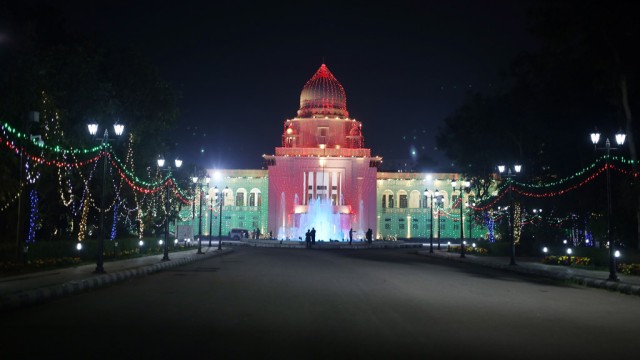





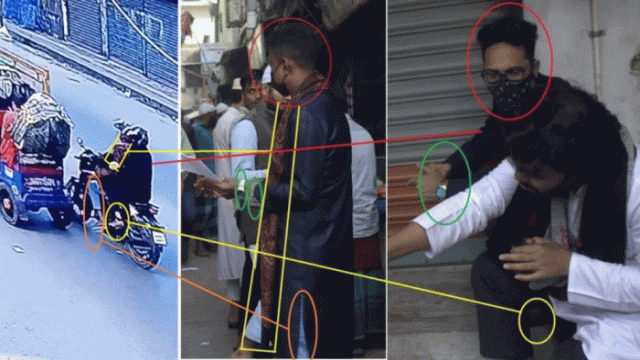


Comment: